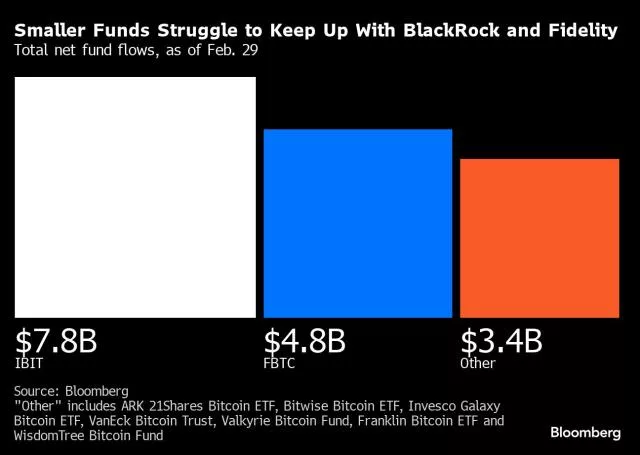In the whirlwind of excitement and speculation that surrounds Bitcoin, a question often lurks in the shadows of its towering market graphs and volatile price movements: Does the identity of Bitcoin’s creator truly matter, especially to those who are profiting from it? Bitcoin, since its inception, has been shrouded in mystery, primarily due to its creator, Satoshi Nakamoto, who remains anonymous to this day. This enigma has fueled endless speculation and conspiracy theories, yet, for many investors and users, the focus remains squarely on the financial gains the digital currency promises.
At its core, Bitcoin was designed as a decentralized currency, free from the control of any single entity or government. This foundational principle suggests that the significance of Bitcoin lies not in the identity of its creator but in its functionality and the revolutionary technology it introduced—blockchain. The allure of Bitcoin for many is its potential for profit, driven by its limited supply and increasing demand, rather than the philosophical or ideological motivations of its creator.
For investors and traders, Bitcoin represents an opportunity to diversify portfolios, hedge against inflation, and participate in what many see as the future of money. The dramatic price surges and the stories of overnight millionaires have attracted a broad spectrum of individuals looking to capitalize on the digital gold rush. In this context, the creator’s identity is often viewed as an interesting footnote rather than a critical factor in their investment decisions.
However, the question of Nakamoto’s identity is not entirely inconsequential. Understanding the motivations and intentions behind Bitcoin’s creation could offer insights into its design, potential weaknesses, and long-term viability. For instance, if Nakamoto were revealed to be a figure with questionable intentions or affiliations, it could potentially undermine trust in Bitcoin, affecting its value and adoption. Conversely, if Nakamoto’s identity confirmed a noble intent to democratize finance, it might strengthen the philosophical appeal of Bitcoin, attracting users aligned with its underlying principles.
Moreover, the mystery surrounding Nakamoto has implications for the governance of Bitcoin. In a system that values decentralization and community consensus, the influence of its creator, should they choose to assert it, could be significant. Nakamoto is estimated to own a substantial amount of Bitcoin, which, if moved, could dramatically impact the market. Thus, while the day-to-day trading and investment in Bitcoin may seem unaffected by the anonymity of its creator, potential risks loom that could disrupt this perception.
The debate also touches on broader questions about the role of creators in the technologies and systems they develop. In an age where trust in institutions and systems is waning, the transparency and intentions behind significant innovations like Bitcoin become increasingly relevant. For some, the anonymity of Nakamoto is a powerful statement against the centralized control of financial systems, reinforcing the trust in the technology itself rather than in fallible human creators.
In conclusion, whether the identity of Bitcoin’s creator matters is a question that elicits diverse perspectives, reflecting the multifaceted nature of the cryptocurrency itself. For those profiting from Bitcoin, the immediate concern may be the bottom line rather than the philosophical underpinnings or the mystery of its origin. However, the broader implications of Nakamoto’s anonymity—ranging from trust and governance to the philosophical appeal of Bitcoin—suggest that the question of who is behind Bitcoin is not entirely detached from its financial success. As Bitcoin continues to evolve and mature, the balance between these considerations may shift, but for now, the enigmatic figure of Satoshi Nakamoto remains a compelling part of Bitcoin’s allure and a reminder of its revolutionary departure from traditional financial systems.










